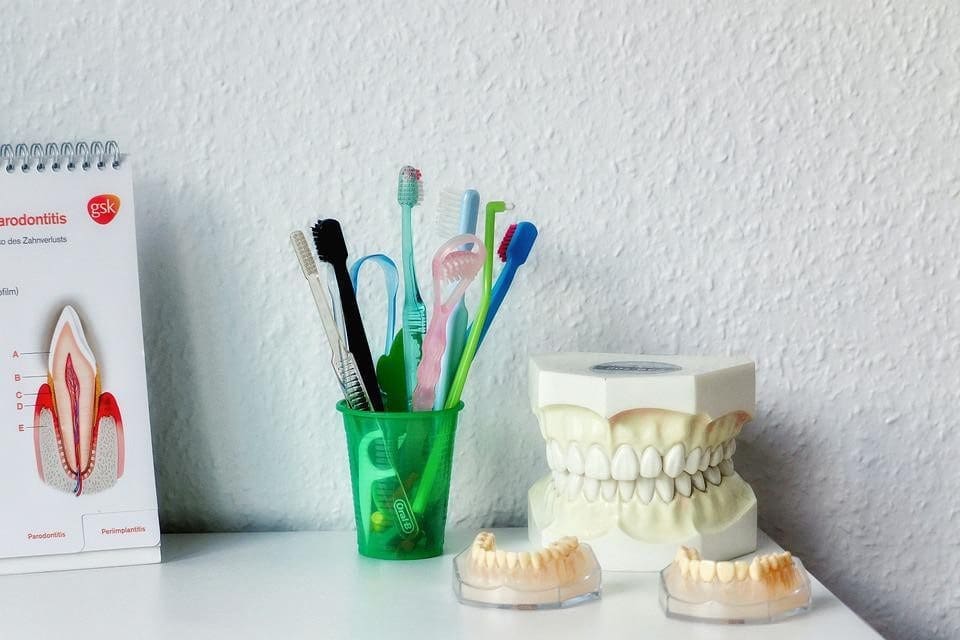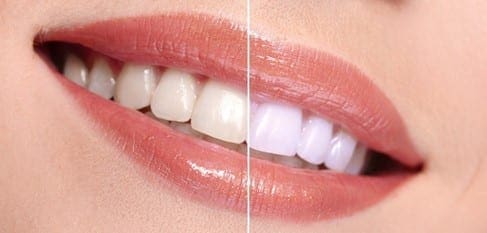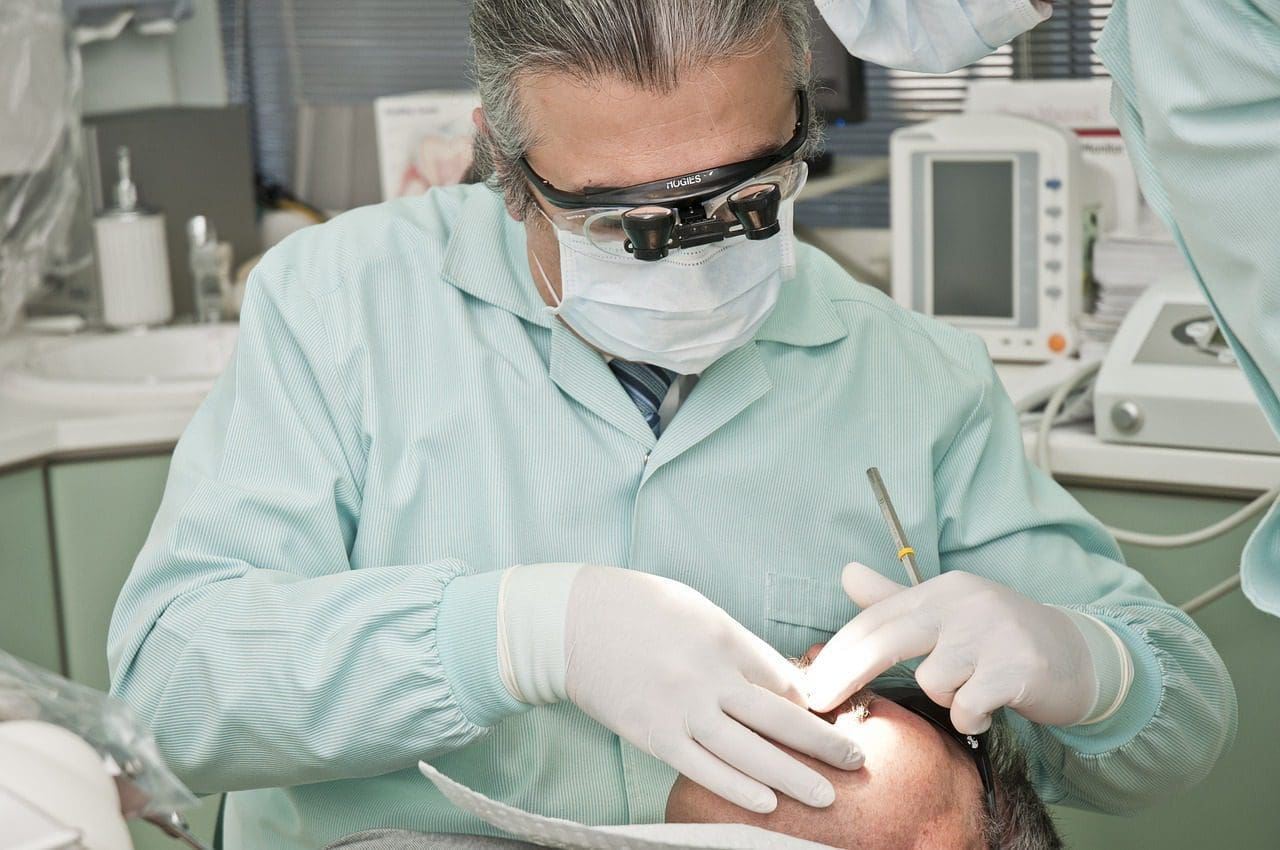
In addition to causing respiratory diseases, cardiovascular diseases, and diabetes, inadequate oral health and dental care can result in inappropriate emergency room use due to preventable dental diseases, according to the report. This report outlines two important aspects of preventing oral diseases, dental care and promoting oral health.
Prevent Gum Disease
It is important to brush and floss properly to prevent gum disease. It is vital to remove plaque from your mouth to prevent gum disease and improve oral health. Professional cleanings from a Cornubia dentist can prevent gum disease from progressing to a more serious condition if you see your dentist at least twice a year. Treating diseased periodontal pockets and gum infection can be done with scaling and root planning if gum disease has become more advanced. In addition to removing tartar deposits with lasers, lasers are also used to remove stains.
Fights Oral Cancer
Most dentists conduct a cancer screening as part of their dental checkup routine. Symptoms of oral cancer include a small white or dark red patch that starts as a precancerous lesion that may not have immediate consequences. You can receive lifesaving early detection from your dentist. It is important to detect any early signs of oral cancer since only half of those diagnosed survive for more than five years.
Prevent Tooth Loss
You must maintain good oral hygiene, brush your teeth regularly, and floss your teeth to prevent gum disease. The better your teeth are, the better your chewing functions and your health will be. Adult tooth loss is caused primarily by gum disease, which starts with plaque buildup.
When gum disease progresses, plaque penetrates deeper into your tooth, destroying the bone that supports it. Ultimately, teeth will fall out if they are not supported by a strong bone. It is very unlikely to happen if you maintain good oral hygiene, schedule regular dental care exams, and have your teeth cleaned annually. If you have missing teeth, you may want to consider Nuvia Smiles for implants.
Fights Bad Breath
Sniffing the inside of your wrist if you think you have bad breath is a simple test you can perform. If the smell is bad, then your breath probably is as well. Your gums, teeth, tongue, and teeth coat with bacteria that release foul gasses when you have bad breath. Some foods get stuck between your teeth and rot, giving off an unpleasant smell. Onions and garlic are strong-tasting foods that can worsen the problem even further.
Quality care Dental treatment will help keep your breath fresh and requires regular brushing, flossing, and mouthwash. Besides causing bad breath and irritation to your gums, smoking also causes bad breath. Maintain good oral hygiene by brushing and flossing twice a day. Your teeth are cleaned approximately 60% by brushing alone. Additionally, mouthwash can reach those hard-to-reach areas between your teeth.
Sugar-free gum also promotes saliva production and prevents your mouth from drying out, which can lead to bad breath. Halitosis is characterized by persistent bad breath, also called halitosis, which is often associated with dental problems. About 85% of people with persistent bad breath have dental problems. To prevent bad breath, it is essential to maintain good oral hygiene. To maintain good oral hygiene, you should have regular check-ups and cleanings.
Prevents Diabetes
Keeping your blood sugar levels in check is important. You may be able to control your diabetes by following your doctor’s instructions, eating a healthy diet, exercising, and taking your diabetes medication as directed. Your body can fight bacterial and fungal infections in your mouth by maintaining good blood sugar control.
It will also help relieve dry mouth caused by diabetes. This will require regular brushing and flossing, however. The relationship between your teeth, gums, and mouth and your overall health should give you more reasons to take care of your teeth, gums, and mouth.
Prevents Heart Problems
Inflammatory heart disease of the mouth has been linked to an increased risk of heart disease. According to research by the Canadian Academy of Periodontology, people suffering from periodontal disease are more likely to suffer from severe heart attacks. When your body is exposed to bacteria for an extended period, gum disease can cause cardiovascular disease as it increases inflammation. Keep a record of your family health history and schedule regular checkups. Click here to learn more about dental health.
Detect Dental Problems Early
Your dentist and hygienist can detect any early signs of gum or teeth problems. Detecting cavities early, repairing broken fillings, and treating gum disease are all easy procedures. If these problems go untreated, the only treatment options may be root canals, gum surgery, and teeth extraction. In addition to being a sign of good health, your mouth is a window into the rest of your body.
Your teeth’ whiteness, brightness, and shine will be maintained with regular brushing and flossing. Preventative maintenance is what the dentist does when you go for regular exams. It is less expensive and less stressful to have regular cleanings, exams, and screenings instead of waiting several years to get a dental exam and discovering that a lot of work needs to be done. The longer you wait between exams, the more money you will spend.
Take Advantage of Dental Insurance
Six-month dental cleanings and check-ups are typically covered by dental insurance. You can save a lot of money in the long run by avoiding costly dental procedures resulting from poor oral hygiene. If you cannot afford insurance, you can get a discount dental plan for a few dollars a month, and the cost of the procedures will be greatly reduced.
Cleanings are cheap with a discount plan, even if they are not free. When you do not take care of these preventive items up front, it becomes more expensive eventually. You pay for dental insurance. You may as well use it.
Regular dental care is crucial for maintaining optimal oral health, as it helps prevent issues such as cavities and gum disease. Many patients wonder does dental insurance cover orthodontics, which can significantly impact their treatment decisions.
Understanding your insurance coverage is essential, especially when considering braces or other orthodontic solutions. Regular check-ups not only keep your teeth healthy but also provide an opportunity to discuss any financial concerns regarding orthodontic care. For more detailed information, check the link provided.




Be the first to comment